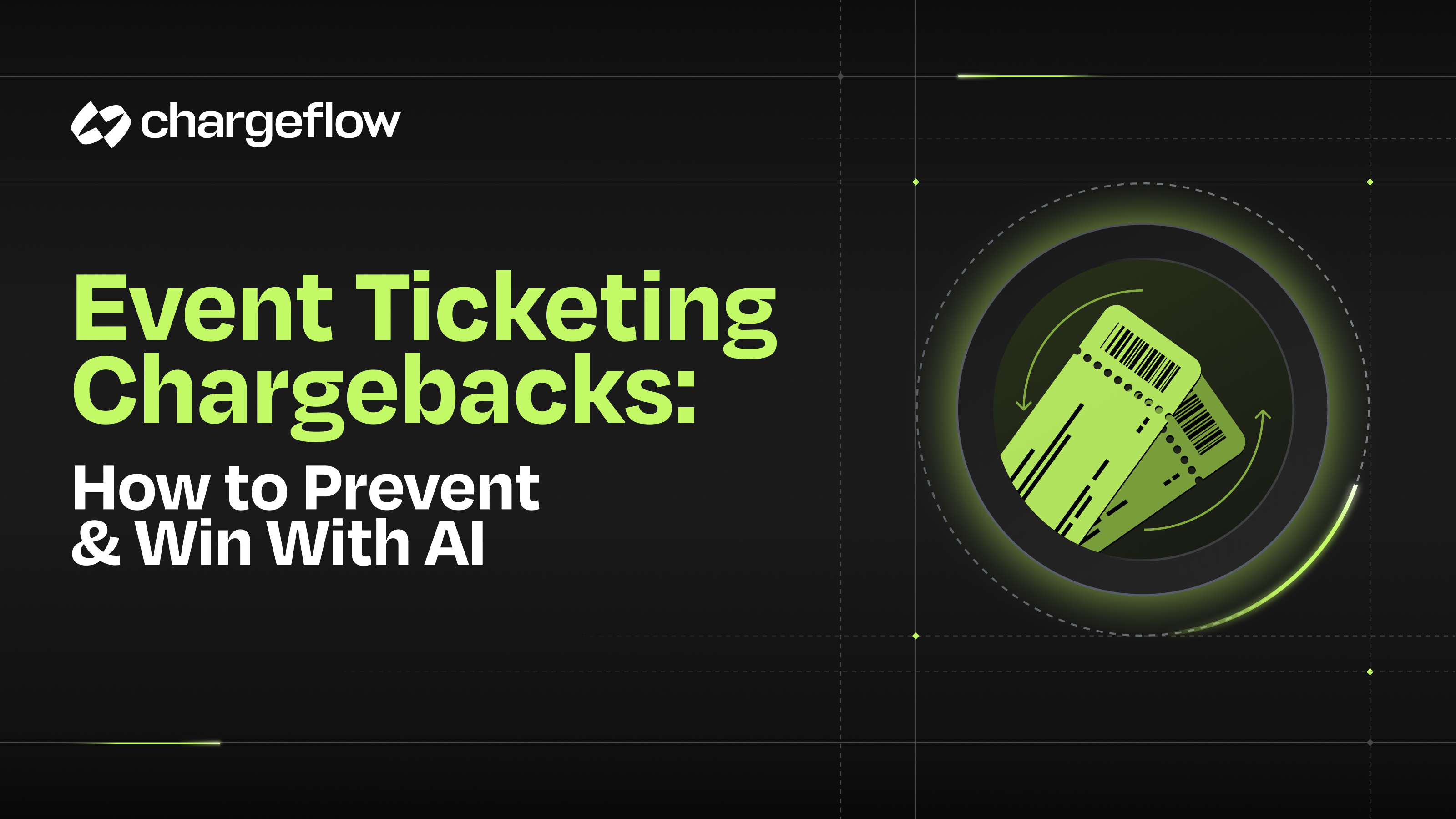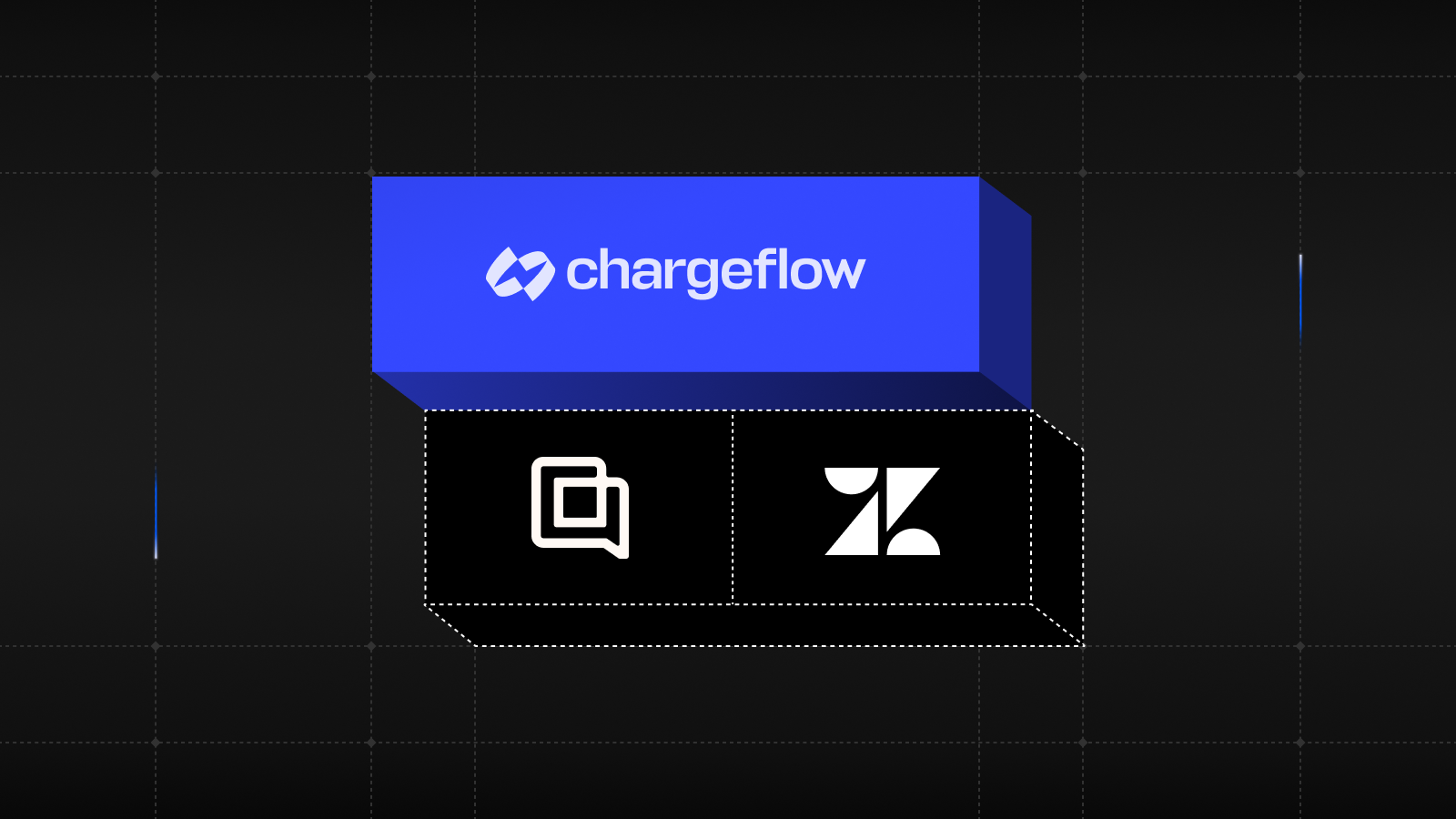Do These And Win Every Canceled Recurring Billing PayPal Dispute

Chargebacks?
No longer your problem.
Recover 4x more chargebacks and prevent up to 90% of incoming ones, powered by AI and a global network of 15,000 merchants.
To win a canceled recurring billing PayPal dispute, you must have a clear pricing matrix and make bill cancellation easy. Learn more from this article.
The subscription business model, a.k.a set-it-and-forget-it economy, is booming right now, but they are also bedeviled by “canceled recurring billing” PayPal disputes.
Why do customers file canceled recurring billing disputes? Speaking from the premise of legitimate cases, canceled recurring billing PayPal disputes happen when a customer cancels an ongoing periodic payment for a product or service, but the merchant bills them for the subscription.
Another cause of canceled recurring billing disputes is the good old human error of forgetfulness. Subscribers often forget to cancel until the due date is passed, and launch a PayPal dispute when the vendor billed them for the subscription.
Businesses with more extended subscription periods often get the harder blow at the beginning of new billing cycles. The reason is apparent. Many people don’t remember they signed up for those packages. Immediately they see the supposedly suspicious bill on their account, they’ll hit the merchant back with a PayPal dispute.
Even so, some fraudulent individuals use the canceled recurring billing reason code as an excuse to get freebies.
Although subscription-based businesses look like the coolest thing in the industry nowadays, these businesses receive 3-10 times more PayPal disputes and chargebacks than other e-commerce verticals. You lose so much money if you don’t know how to win the canceled recurring billing PayPal dispute.
How to Win all Canceled Recurring Billing PayPal Disputes
You can take the dispute mitigation actions below to prevent any illegitimate canceled recurring billing PayPal disputes before they happen.
Step 1: Have a clear pricing matrix and make bill cancellation easy
When people don’t understand how your pricing works, it can be difficult for them to accommodate such charges. Ideally, you should ensure that your sales receipts clearly show the recurring billing timeframe and frequency.
Equally vital, you must have a well-written and easy-to-understand customer onboarding policy. The document should specify your subscription and cancelation terms.
Think about it this way. Is it more stressful for your customers to change their minds about how they use your services than to file a dispute to get their money back? If your pricing strategies and cancellation policies are complicated, people will find it more convenient to file a canceled recurring billing PayPal dispute.
Here's a pro tip. People make decisions to either escape pain or get pleasure. If your product or service offers the value it promises, well-meaning customers will likely return for more. And when things change, make it easy for them to opt-out or get further assistance from your team.
Research shows that 86% of customers only contacted the merchant after filing a chargeback or never contacted the vendor. With excellent customer service, you can get your customers to discuss their concerns or frustrations before taking the next step.
Again, if you are offering a trial service, make the customer aware of the terms. For starters, be specific about the duration of the trial. When the service is about to expire, notify the customer. And do that before upgrading them to premium subscribers. If you require their credit card details during the trial, it’ll be helpful to inform them at sign-up that they will be moved to a premium plan when the trial service ends.
Step 2: Provide a clear order summary to customers before they complete a purchase
An order summary is a transaction snapshot that compiles all order details into a single document. It helps you manage the entire order lifecycle and provide superior customer service to your prospects.
Ensure you provide a descriptive order summary that outlines the terms of the subscription to the customer before they complete a transaction. As a best practice, your order summary should include the following pertinent details:
- A reminder that the marketing involves a recurring billing
- An explanation of whether the regular transaction amount is fixed or variable
- The specific dollar amount that you will charge for each recurring transaction
- The precise dollar amount you will charge on the initial transaction
- The transaction date
- Your communication medium of choice
With this order summary duly acknowledged by the customer in line with your “terms of service” agreement, you can be sure that when any illegitimate canceled recurring billing dispute or chargeback arises, you have a vital tool in your arsenal to fight it and win.
.gif)
Step 3: Notify the customer before each recurring billing and safeguard against fraud
Experienced e-commerce entrepreneurs will tell you that as a standard practice, you should periodically notify cardholders of impending recurring billing at least ten days before the bill. That way, they're not taken by surprise when the bill lands.
Furthermore, if the amount to be billed exceeds the initial subscription charge, you must include that information in your notification email. That might seem trivial at first blush. But it’s a smart way to help protect against canceled recurring billing PayPal disputes.
The caveat is that not all canceled recurring billing PayPal disputes are from real customers. It's wise to anticipate the incidents of fraud and deploy tools that can protect your business against such vulnerabilities, as discussed in this article.
How to Respond to Canceled Recurring Billing PayPal Disputes
When you get a canceled recurring billing PayPal dispute, you must respond on time. If the dispute is legitimate, you can resolve the case by issuing a full or partial refund to the buyer.
To issue a full or partial refund:
- Go to Activity.
- Click the payment you want to refund.
- Click Refund this payment.
- Under 'Refund amount,' enter the amount you wish to refund and then click Continue.
- Review your information to make sure you entered the correct refund amount, and then click Issue Refund.
If you send a full refund for the canceled recurring billing dispute, PayPal will close the case. You can also offer a partial refund to resolve your dispute. Sometimes you'll need to upsell the buyer with other store values. The buyer will have the option to accept or deny your partial refund offer.
But if that fails, and you wish to contest the chargeback, you must submit compelling evidence to support your claim. We've discussed that topic extensively in this piece. You will find all the relevant documents to submit in fighting your canceled recurring billing case.
How Chargeflow Can Help You Win Chargebacks
Chargeflow has designed the world's first, fully managed dispute and chargeback automation service, explicitly crafted for e-commerce merchants. PayPal Dispute automation increases your dispute win rate and helps you channel your human and material assets where the business needs them the most.
Our software creates customized templates, based on your store's needs. It generates the world's most comprehensive dispute responses and submits them on your behalf.
We built Chargeflow to help eCommerce merchants recover more money, save more time, and maximize customer experience. Use Chargeflow to power your all-round business success today! Start here.

Chargebacks?
No longer your problem.
Recover 4x more chargebacks and prevent up to 90% of incoming ones, powered by AI and a global network of 15,000 merchants.












































.png)








